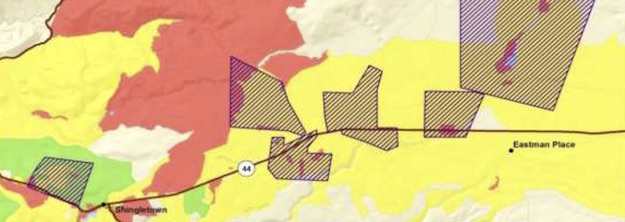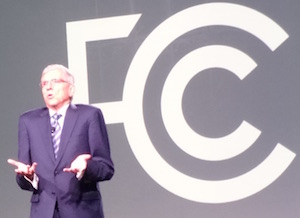FCC's muni broadband distraction shudders to a final stop
![By Massachusetts Dept. of Environmental Protection (Flickr: Lee-train-derail-ethanol3-29-10.b) [CC BY 2.0 (https://creativecommons.org/licenses/by/2.0)], via Wikimedia Commons](https://www.tellusventure.com/images/2016/10/derail.jpg)
It’s officially over: the Federal Communications Commission does not have the authority to preempt state authority over municipal broadband systems, even when it thinks the way in which that authority is wielded constitutions a barrier to infrastructure investment. The federal appeals court in Cincinnati made that decision in August, in a case brought against the FCC by Tennessee and North Carolina, and issued the final order yesterday. It was a formality that brings the case to an end.… More

![By Jerry Brown [Public domain], via Wikimedia Commons](https://www.tellusventure.com/images/2016/10/jerry_brown_signature.png)
![Lcj at the Polish language Wikipedia [GFDL (https://www.gnu.org/copyleft/fdl.html) or CC-BY-SA-3.0 (https://creativecommons.org/licenses/by-sa/3.0/)], via Wikimedia Commons](https://www.tellusventure.com/images/2016/10/cable_modems.jpg)




![By ML5 (Own work) [CC0], via Wikimedia Commons](https://www.tellusventure.com/images/2016/9/taxi_crush.jpg)
